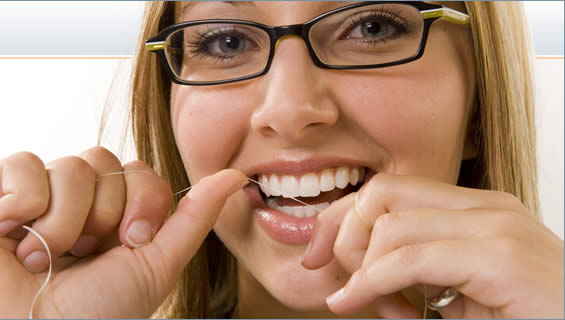Camberwell Dental Care
6 Camberwell Church St
London, SE5 8QU
oral hygiene
- Good oral hygiene needs regular dental check ups
- A great oral hygiene routine
- Teeth Brushing - at least twice a day
- Cleaning Between the teeth - using floss or interdental brushes
- See below for information on how to have great oral hygiene

oral hygiene advice
Good oral health is important for general health, well being and quality of life. It brings significant benefits to self-esteem, dignity, social integration and general nutrition. Poor oral health can lead to pain and tooth loss, and can negatively impact self-esteem and the ability to eat, laugh and smile
Regular teeth brushing and cleaning between teeth helps to keep your teeth and gums healthy, and helps to prevent tooth decay and gum disease. Other things that may help include: mouthwashes, tongue cleaning, and eating a healthy diet, which includes limiting sugary drinks and foods. If you smoke, stopping smoking will improve oral hygiene.
Have a dental check- up at least once a year.
Routine Oral Hygiene
It is important to get into a regular habit of good oral hygiene. Maintaining good oral hygiene is one of the most important things you can do for your teeth and gums. Healthy teeth not only enable you to look and feel good, they make it possible to eat and speak properly. Good oral health is important to your overall well- being.
- Brushing thoroughly twice a day and flossing daily.
- Eating a balanced diet and limiting snacks between meals.
- Using dental products that contain fluoride, including toothpaste
- Rising with a fluoride mouth rinse if your dentist tells you to
- Making sure that children under 12 drink fluoridated water or take a fluoride supplement if they live in a non-fluoridated area.
Teeth Brushing
Brush your teeth at least twice a day.
- Use a soft-tufted brush and toothpaste that contains fluoride. The head of the brush should be small enough to get into all the areas of the mouth.
- Spend at least two minutes brushing, covering all areas (the inside, outside, and biting areas of each tooth).
- Pay particular attention to where the teeth meet the gum.
- Get a new toothbrush every 3-4 months.
Studies suggest that powered toothbrushes with a rotation- oscillation action (where the brush rapidly changes direction of rotation) remove plaque and debris better that manual brushes.
Cleaning Between Teeth
Clean between your teeth before brushing once a day especially at night. This is to remove plaque from between teeth.
Dental floss is commonly used to do this. However, some studies suggest that small interdental brushes may do a better job than floss. The aim is to clean the sides of the teeth where a toothbrush cannot get to, and clear the spaces between teeth (the interdental spaces) of debris.
The gums may bleed a little when you first begin to clean between your teeth. This should settle in few days. If it persists then see a dentist, as regular bleeding may indicate gum disease. If you are not sure how to clean between your teeth then ask your dentist or dental hygienist.


